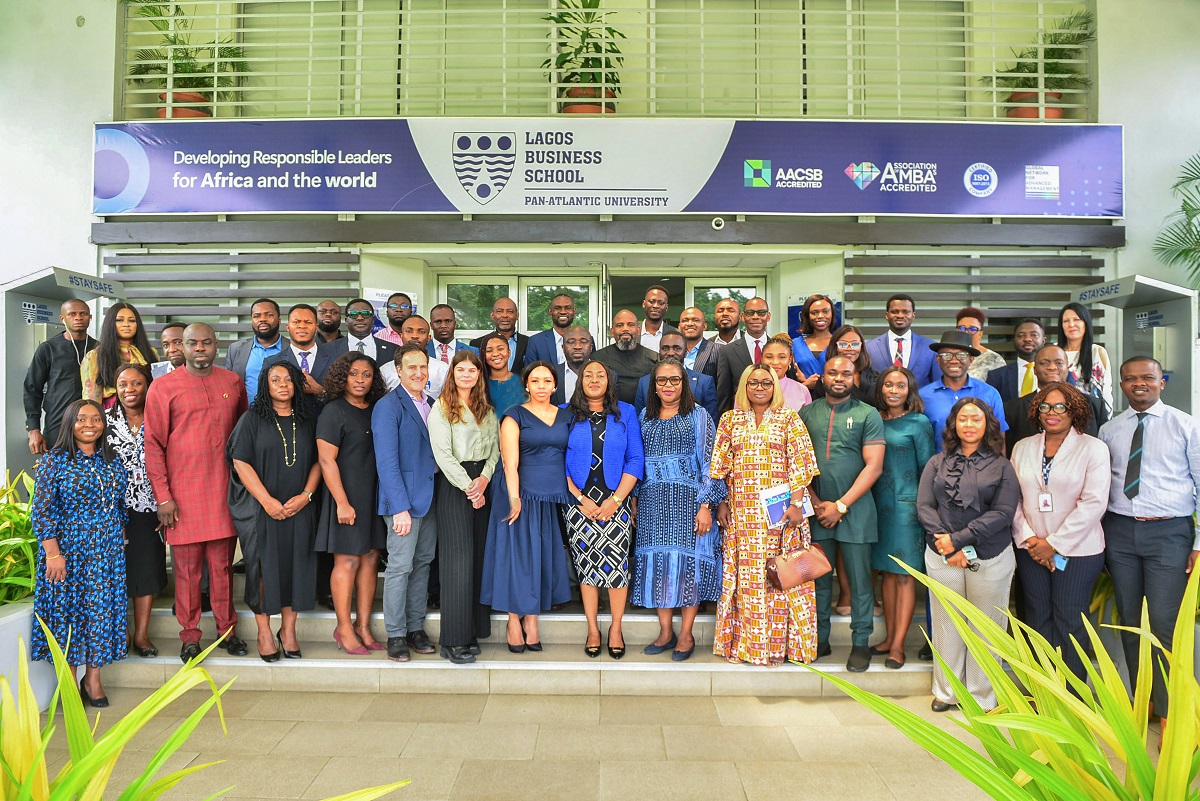The Financial Access Initiative (FAI) research center of New York University, in collaboration with the Nigerian National Bureau of Statistics (NBS), has recently released the results of the Nigeria Small Firm Diaries (SFD) study. This groundbreaking research sheds light on the financial dynamics and challenges faced by small businesses in Nigeria, providing crucial insights for policymakers, financial service providers, and entrepreneurs alike.
Supported by prominent institutions like the Mastercard Center for Inclusive Growth (CFIG), the Bill & Melinda Gates Foundation (BMGF), and the Argidius Foundation, the global research project delves into the financial lives of small businesses across seven countries, including Nigeria, Latin America, Sub-Saharan Africa, and Asia.
For the Nigerian segment of the study, data was collected from 161 small businesses operating in urban, suburban, or semi-rural areas surrounding key locations: Enugu, Kaduna, and Lagos. The study focused on three vital industries—light manufacturing, agri-processing, and services—that significantly contribute to Nigeria’s economic growth and development.
The findings revealed that Nigerian small firms, despite their crucial role in the economy, earn less than firms in other countries studied. Approximately half of these firms generate monthly revenue below NGN 223,250 (PPP USD 1,547). Moreover, while about 46% of Nigerian firms held some form of a loan, the majority of these loans were obtained from informal sources, such as suppliers, friends, and family, indicating gaps in access to formal financial services.
The study also highlighted the issue of job security and financial well-being of employees working in small firms. Employment in these businesses was found to be precarious, with jobs fluctuating from month to month, and workers experiencing inconsistent income. Shockingly, 63% of employees reported financial difficulties indicative of low-income status, with 51% stating that a child in their household had not eaten enough in the past week, underscoring the importance of addressing financial insecurity among small firm workers.
One of the notable findings of the research was the desire for both growth and stability among entrepreneurs. A significant portion of Nigerian firms (44%) expressed the vision to expand their businesses while mitigating risks. These businesses aspired for step-by-step growth to reduce volatility and risk, rather than pursuing rapid expansion that may entail higher risks.
Regarding financial inclusion, the study revealed that Nigerian small firm owners demonstrated high rates of bank account ownership (97%), surpassing figures from Kenya, Colombia, and Indonesia. However, the comprehensive usage of these accounts remained relatively low, with only 20% of Nigerian firms conducting more than three-quarters of their transactions through bank accounts. Cash transactions remained dominant among this segment.
In terms of credit access, working capital and liquidity were identified as more significant needs for small firms than investment capital. Access to finance was found to be a major barrier to the success of firm owners’ growth visions, yet a substantial portion (over 40%) stated they rarely or never needed a loan, suggesting that the existing financial products in the market may not adequately meet their requirements.
The research results further illuminate the challenges faced by small businesses in Nigeria and offer valuable insights into their decision-making, strategies, and constraints as they navigate the complexities of local and global markets. As the premier agency for official statistics in Nigeria, the NBS proudly collaborated on this groundbreaking study, which will aid policymakers in developing effective policies, financial services, and tools to support the prosperity of small businesses and their employees.
Olayinka David-West, Associate Dean and Professor of Information Systems at the Lagos Business School emphasized that this critical data would inform both government and private sector players, enabling them to design policies, products, and services that reduce inequality and enhance financial security within underserved communities.
Tania Kruger, Vice President and Head of SME Product & Commercialization, EEMEA at Mastercard, highlighted the significance of this research, which empowers small businesses globally as drivers of economic activity and growth. The insights from this study will enable better support, tailored solutions, and ultimately more meaningful outcomes for small businesses.
With MSMEs playing a pivotal role in the Nigerian economy, understanding their challenges and aspirations is of paramount importance. The Small Firm Diaries study aims to address these critical questions about small business growth and stagnation, with the hope that its findings will be utilized to develop initiatives that address the challenges faced by small businesses in Nigeria and around the world. The study’s comprehensive approach will provide valuable resources for small business support organizations in the public, private, and social sectors, fostering a more inclusive and prosperous entrepreneurial ecosystem.










